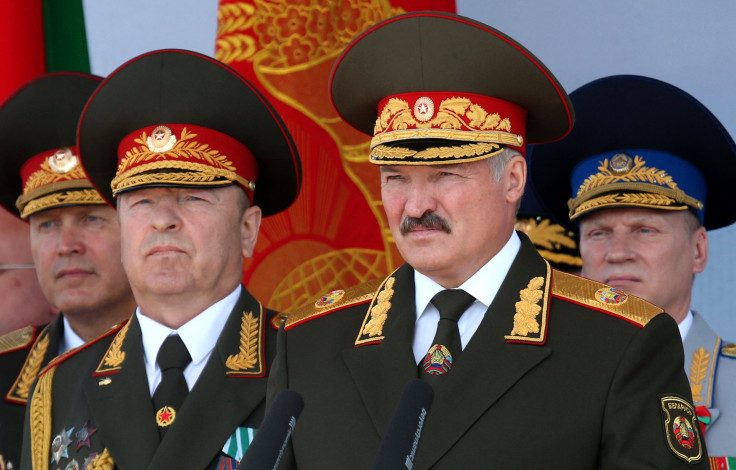Belarus Poised To Re-Elect The 'Last Dictator In Europe'

MINSK (Reuters) - Belarussians head to the polls on Sunday to cast their vote in presidential elections all but certain to re-elect authoritarian incumbent Alexander Lukashenko for a fifth term.
Lukashenko's re-election five years ago led to mass protests and the imprisonment of leading opposition figures, but support for his 20-year-old regime has risen after he cast himself as the guarantor of stability in the face of economic crisis and a pro-Russian separatist conflict in neighboring Ukraine.
The West has long ostracized Lukashenko, who has described himself as the "last dictator in Europe", over his human rights record and his clampdown on political dissent, and has imposed economic sanctions on some Belarussian officials and companies.
Nevertheless, his criticism of Russia's annexation of Ukraine's Crimea peninsula last year, his hosting of Ukraine peace talks and his pardoning of the six opposition leaders in August suggest he is seeking to improve his image in the West, observers say.
The European Union will lift its sanctions on Belarus, including those on Lukashenko, for four months after Sunday's vote, barring any last-minute crackdown, diplomatic sources said on Friday.
A larger export market would be welcome to Belarus, whose economy has been battered this year by a slump in the currency of Russia, a key trading partner and source of remittances from migrant workers.
Belarus's gross domestic product shrank by 3.5 percent in January to August and the average monthly wage has fallen by about a third in dollar terms since the start of the year to $420.
None of the three candidates running against Lukashenko in Sunday's poll represent a serious challenge to his rule and opposition figures have called for a boycott of the election.
"Lukashenko and his system is a dead-end. There is no choice, but there is the choice not to be a sheep," said Anatoly Lebedko, a leading opposition figure at an anti-government rally on Saturday that attracted a crowd in the low hundreds.
(Writing by Alessandra Prentice, editing by David Evans)
© Copyright Thomson Reuters 2024. All rights reserved.











